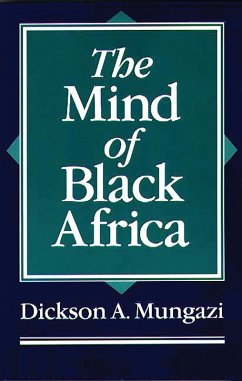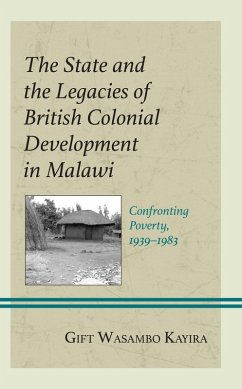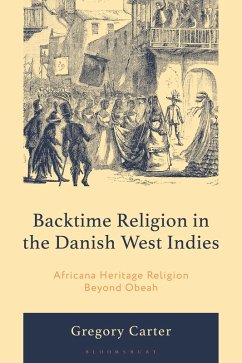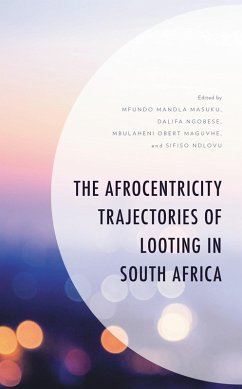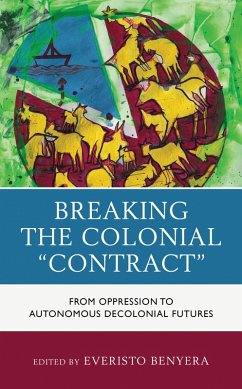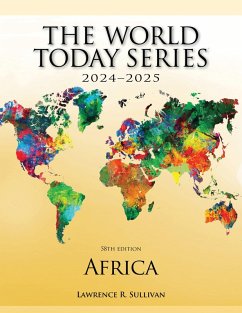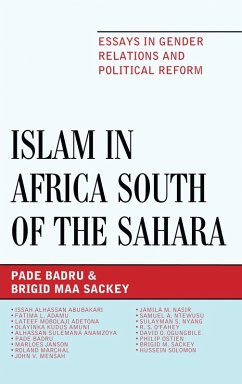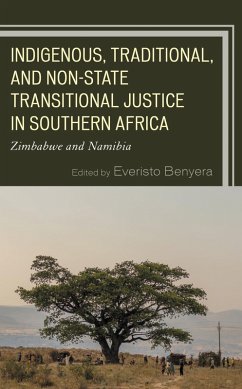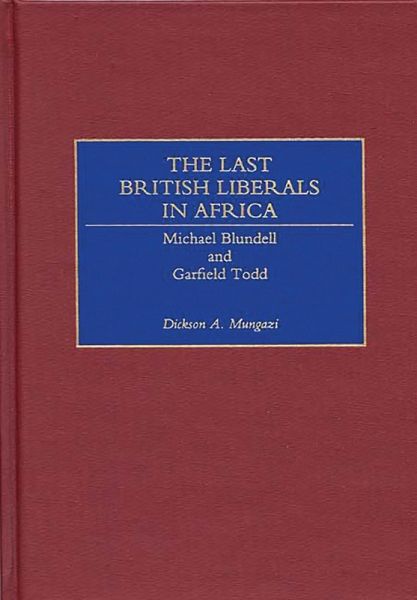
The Last British Liberals in Africa (eBook, PDF)
Michael Blundell and Garfield Todd
Versandkostenfrei!
Sofort per Download lieferbar
58,95 €
inkl. MwSt.
Weitere Ausgaben:

PAYBACK Punkte
29 °P sammeln!
A study of the clash of two traditions, British liberalism and African nationalism, and an examination of how Michael Blundell in Kenya and Garfield Todd in Zimbabwe used their liberal backgrounds to further the future of their adopted countries, despite threats and detention. Both Blundell and Todd believed that political leaders had a responsibility to serve the needs of the people as a condition of national development. By the time each came to power, European colonization had had a profoundly negative effect on the lives of Africans; Blundell and Todd sought to correct this by putting thei...
A study of the clash of two traditions, British liberalism and African nationalism, and an examination of how Michael Blundell in Kenya and Garfield Todd in Zimbabwe used their liberal backgrounds to further the future of their adopted countries, despite threats and detention. Both Blundell and Todd believed that political leaders had a responsibility to serve the needs of the people as a condition of national development. By the time each came to power, European colonization had had a profoundly negative effect on the lives of Africans; Blundell and Todd sought to correct this by putting their positive views of Africans into practice. While colonial governments designed strategies for controlling Africans to serve political and economic interests at home in Europe, Africans themselves established their own effective strategy, not only to ensure their survival in the colonial setting, but also to initiate a process for the restoration of their sense of self. Michael Blundell and Garfield Todd, with their liberal beliefs, served as excellent allies in this period of a rising African consciousness. Using sources obtained in Kenya and Zimbabwe over the past 15 years, this work examines democratic traditions that have survived tumultuous times in recent years.




